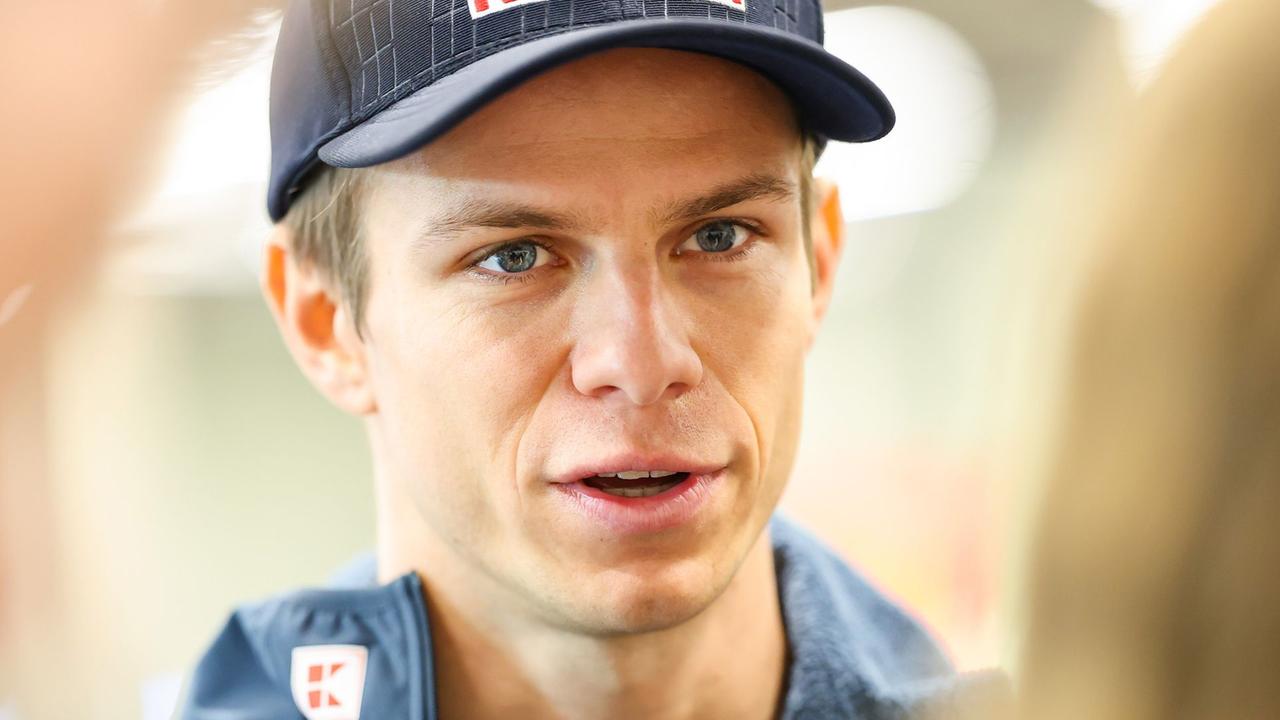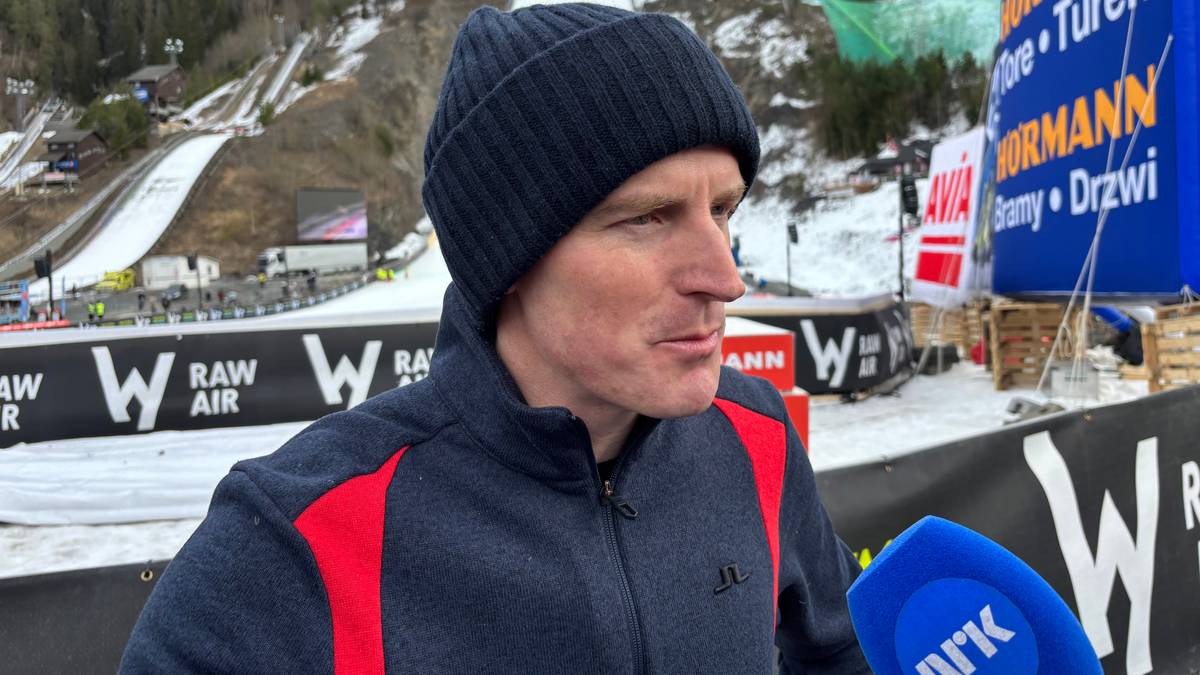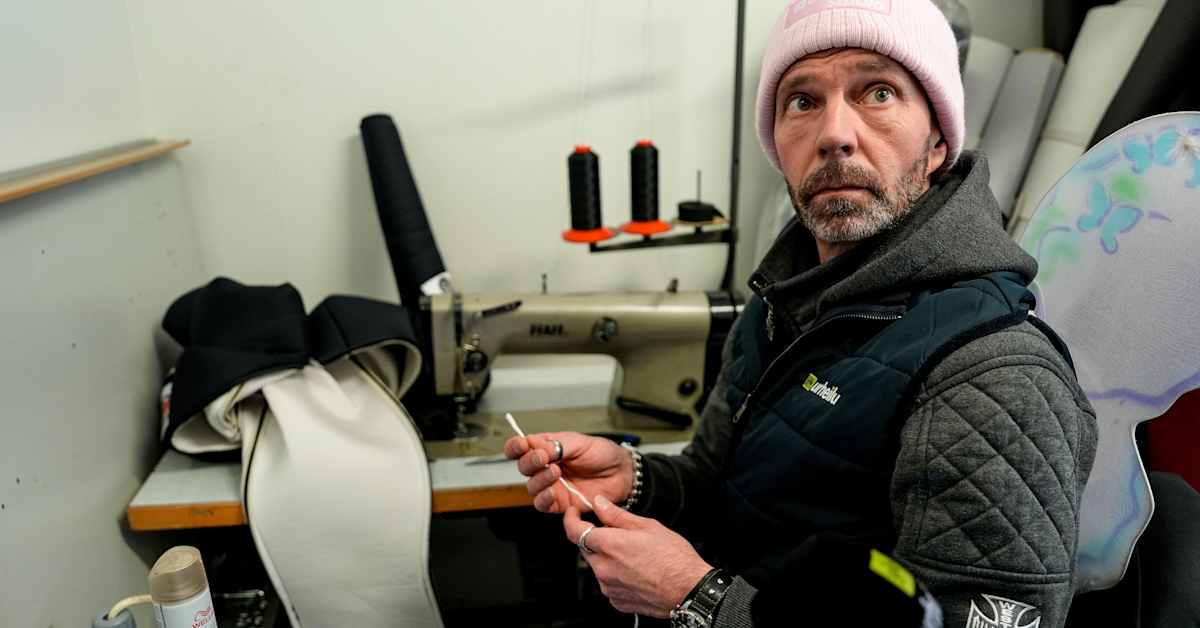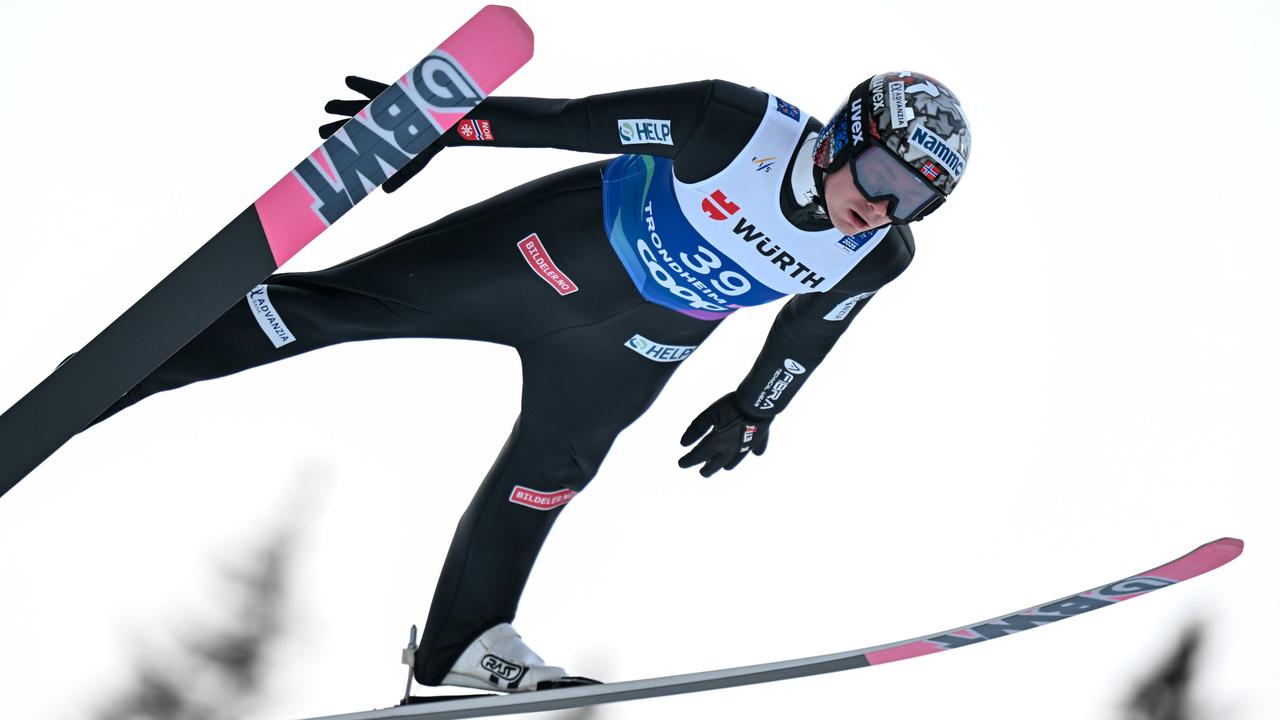This was supposed to fix ski jumping. Olympic champion reacts skeptically
Originally published in Przegląd Sportowy Onet on November 15, 2025
On the eve of the new Ski Jumping World Cup season, Germany is once again confronting the suit‑manipulation scandal that shook the sport in March during the Trondheim World Championships.
Coach Stefan Horngacher strikes a cautiously optimistic tone about the reforms introduced since then. He argues that the crisis forced the International Ski Federation (FIS) to scrutinize equipment rules and "optimize" controls: “We must regain trust… we’re on the right path.” He highlights the appointment of Austrian duo Jürgen Winkler and former jumper Mathias Hafele to head equipment checks, upgraded 3D body scanning, tighter pre‑ and post‑jump inspections, and a one‑suit policy with chip identification. Sanctions have also been toughened: a first equipment offense now triggers a yellow card; a second brings a red card and a suspension for the entire competition weekend, with the nation losing the start spot.
Olympic champion Andreas Wellinger, however, remains skeptical that credibility has been restored after the Norway scandal in Trondheim. Anonymous videos had shown Norwegian personnel illegally reinforcing suits with non‑elastic seams to gain aerial stability. Following an independent ethics probe, staffers Magnus Brevig, Thomas Lobben and Adrian Livelten face proposed 18‑month bans and fines (final rulings pending). Athletes Marius Lindvik and Johann André Forfang served three‑month suspensions and received fines; their World Championship results will stand, with authorities finding no proof they knew of the alterations beyond failing to re‑check their suits.
Wellinger questions that conclusion, arguing that in such a sensitive sport changes should have been noticeable, comparing it to a Formula 1 team instantly feeling a front‑wing change. While he welcomes stricter rules, he doubts whether the handling of the case and the penalties have fully repaired the sport’s image. Horngacher also concedes one cannot be “completely satisfied,” but insists clearer rules and professionalized inspections are widely supported and should refocus attention on the sport itself as the season opens in Lillehammer.
See Also

After ‘suit‑gate’, Wellinger worries about the Olympic season
November 20, 2025 / Sportschau (BR24Sport)

“Was a mistake, was crap” – Stefan Kraft conciliatory as suit scandal fades
November 20, 2025 / krone.at
Ski Jumping Scandal: Severin Freund Speaks Out on Norwegian TV
March 17, 2025 / SPORT1
Andreas Wellinger Hits Back at Norwegians Regarding Their Version of the Scandal
March 18, 2025 / Przegląd Sportowy


Suit scandal at Trondheim Worlds: “A massive blow to ski jumping”
November 11, 2025 / SPORT1
Sven Hannawald on WM Scandal: "An Absolute Tragedy, an Absolute Farce!"
March 09, 2025 / SPORT1
Little Desire to Meet a Norwegian
March 11, 2025 / Sport1

Ski jumping: FIS introduces yellow and red cards after suit-manipulation scandal
June 13, 2025 / Sportschau (ARD)